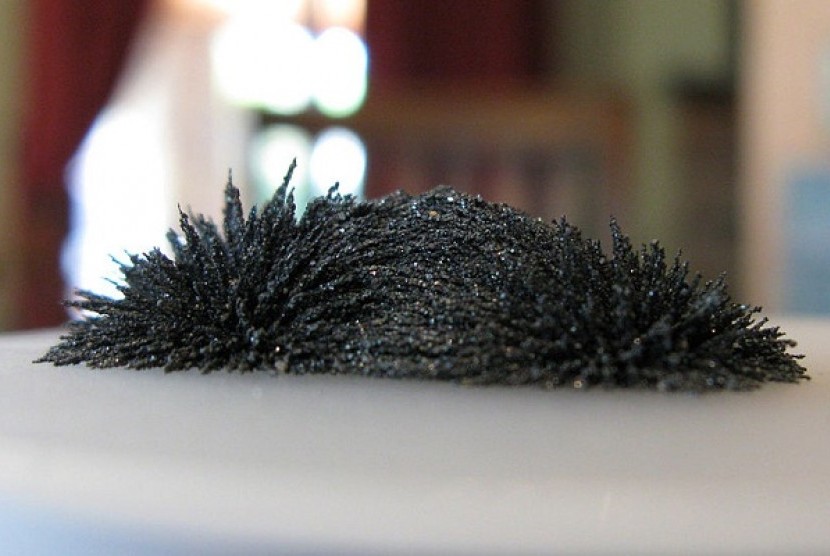REPUBLIKA.CO.ID, CILACAP – The activity of iron sand loading dock in Tanjung Intan Port, Cilacap, is declining drastically following the export prohibition of iron sand. The trucks carrying iron sand are rarely seen, so are the ships.
“The port was busy before the ban. Hundred trucks came and went to the port, also almost every day the ship carrying iron sand sailed to China,” the security of Tanjung Intan Port, Sujiman, said on Thursday.
The condition has started from the middle of May 2012 after the government issued the policy on the ban of iron sand export.
The Head of Energy and Mineral Resources Department in Cilacap, Sunarto, admitted the mining export, especially iron sand from Cilacap, was stopped after the issuance of Ministerial Regulation of the Ministry of Energy and Mineral Resources No. 7/2012 which prohibits mining companies from exporting mineral raw materials. Abroad, he said, Cilacap iron sand was used as a component of cement.
“Local cement factories do not need much iron sand. The stocks are overflowing,” he said.
Cilacap iron sand was an export prima donna in 2011. The export to China in 2011 reached 2.1 million tonnes, the Public Relation of Indonesian Port (Pelindo) in Tanjung Intan, Muhamad Gozali, said. Even before the ban, the export in 2012 reached 1.7 million tonnes.


